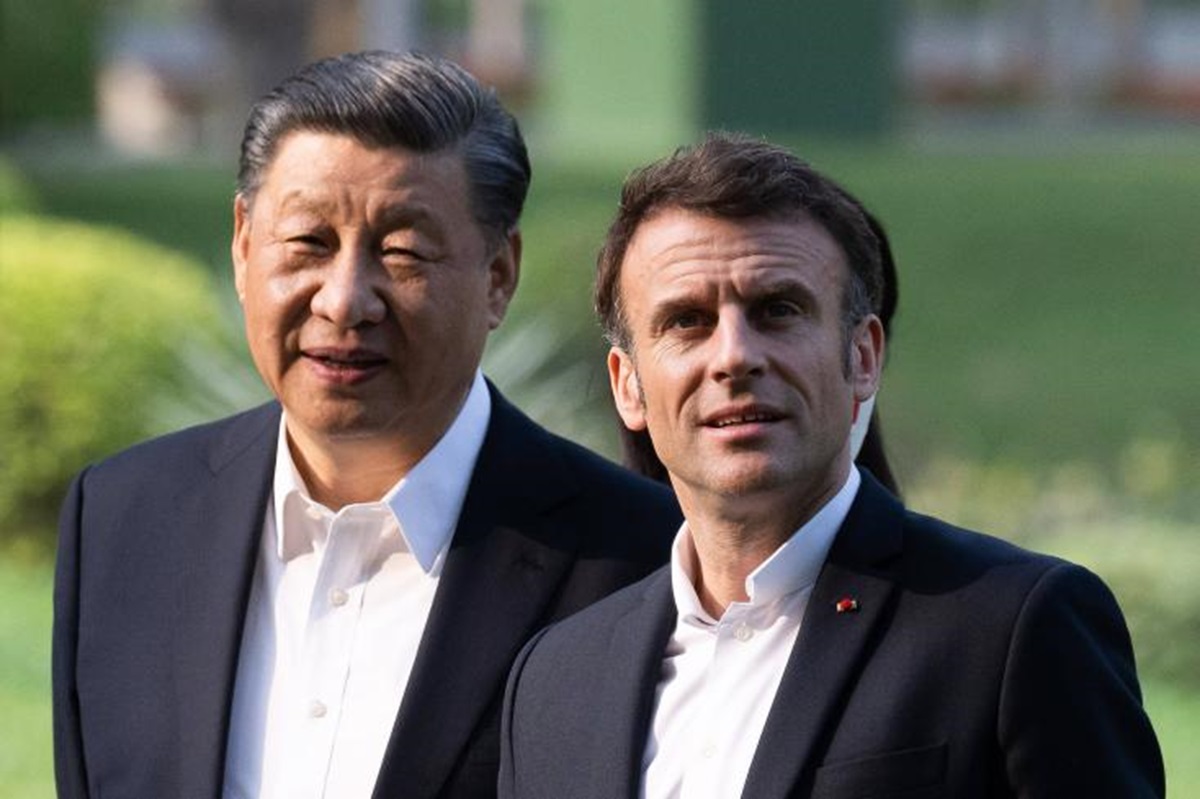International
The Business of Xi jinping in France, Serbia and Hungary

Chinese President Xi Jinping’s visit to France led to the signing of numerous bilateral agreements in various sectors, from energy to transportation to finance. It is a victory for Emmanuel Macron, who had said he wanted more reciprocity in economic relations with China and an “upgrade”-he used that very term, in Italian-of the trade relationship.
WHAT MACRON WANTS FROM XI
“I ask for an ‘update,'” the French president told Le Tribune Dimanche, “because China now has excess capacity in many sectors and exports massively to Europe.”
Despite the intransigence exhibited on trade issues, on the political level Macron plans to preserve China’s involvement in discussions on major international affairs, envisioning for the European Union a role as a balancing actor between the major powers: that is, between the United States, on the one hand, and China, on the other.
ALL THE AGREEMENTS BETWEEN FRANCE AND CHINA
Here are the main agreements signed between French and Chinese companies on the sidelines of the meeting between Macron and Xi.
BATTERIES
French energy company Oran and Xiamen Tungsten New Energy, a Chinese company specializing in the production of materials for battery cathodes, have agreed to form a global strategic partnership on batteries. China is clearly the world’s largest producer of these devices needed for electric mobility and energy storage, effectively dominating the entire supply chain.
Fives, a French process equipment group, has signed a memorandum of understanding with Envision (a Chinese company known primarily for wind turbines but also active in batteries) to assemble battery cells in France.
Envision has also signed a memorandum with Suez, a French water and waste management company: the agreement covers the recycling of batteries for electric vehicles.
WASTE
Suez also concluded a contract with the administration of the Chinese city of Dongguan regarding waste incineration, worth about 100 million euros.
CLEAN ENERGY.
French energy company EDF has finalized three partnership projects with China’s state-owned power company SPIC to produce hydrogen, install solar panels in Saudi Arabia and manage public lighting in Wuhan.
EDF also pledged to continue and expand cooperation with China’s CGN nuclear group.
INFRASTRUCTURE
French construction group Alstom won several contracts to supply electric traction systems to the Beijing, Wuhan and Hefei subways.
FINANCE
French bank Crédit Agricole has renewed its memorandum of understanding with China’s state-owned Bank of China.
AEROSPACE (PERHAPS)
Negotiations are also underway for a contract between Safran Helicopter Engines, a French company that makes turbines for aerospace applications, and General Dynamic Aero Technology.
Agreements with Serbia
China’s President Xi Jinping landed Tuesday night in Belgrade, Serbia: the second leg of his trip to Europe that will end in Hungary.
THE POLITICAL CONTEXT
In Serbia and Hungary Xi will find environments that are undoubtedly friendlier than France, where-despite signed contracts and memoranda-Macron has said he wants more reciprocity in trade relations with Beijing. European Commission President Ursula von der Leyen told Xi that Brussels is ready to use all the tools at its disposal to defend the Union’s economies if China does not provide fair access to its market.
Hungary, however, is getting quite close, economically and politically, to China; as for Serbia, Belgrade and Beijing are united by anti-NATO sentiments dating back to the U.S. bombing of the Chinese embassy in the Serbian capital 25 years ago. In an article published in the Serbian newspaper Politika, Xi wrote that he will “never forget” that incident, which resulted in the deaths of three Chinese journalists.
THIRTY AGREEMENTS BETWEEN CHINA AND SERBIA?
According to the Serbian government, Xi’s visit will lead to the signing of numerous bilateral agreements, perhaps thirty. Details are not known but it is likely to be infrastructure projects, including that of the high-speed railway between Belgrade and Budapest, Hungary. China could also invest in the mining of copper, a metal needed to make cables to transport electricity.
China and Serbia signed a free trade agreement in 2023. Chinese companies active in the country include mining group Zijin, tire manufacturer Linglong, and home appliance maker Hisense.
WHAT CHINA WILL DO IN HUNGARY
After Serbia, Xi will go to Hungary: Chinese direct investment in the two countries amounts to more than $15 billion.






